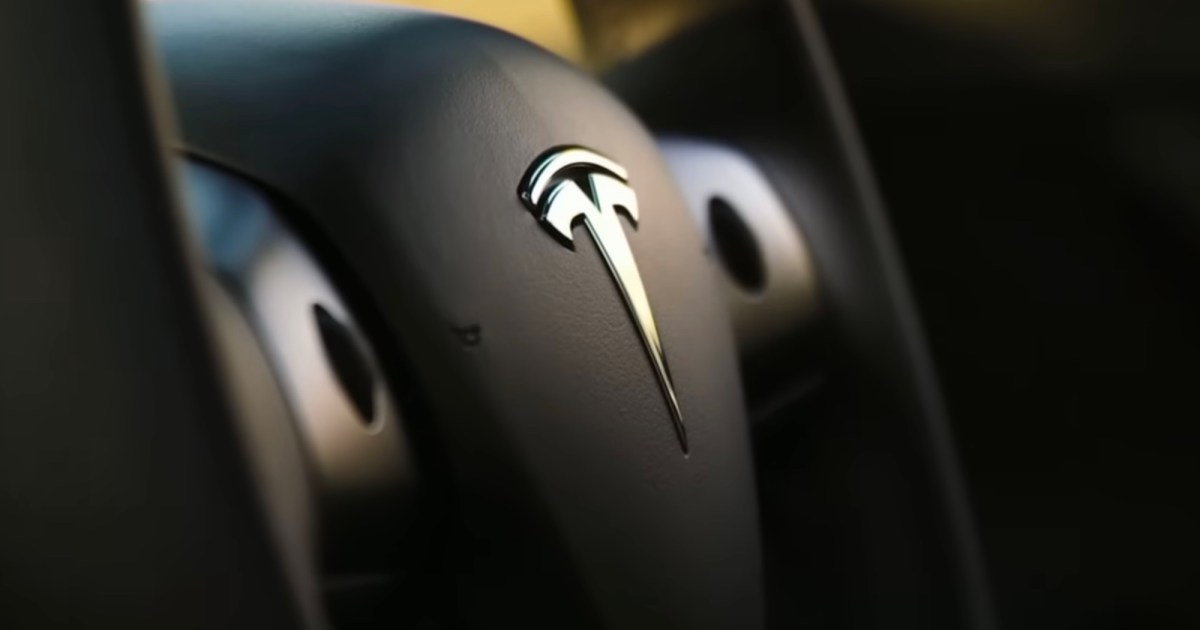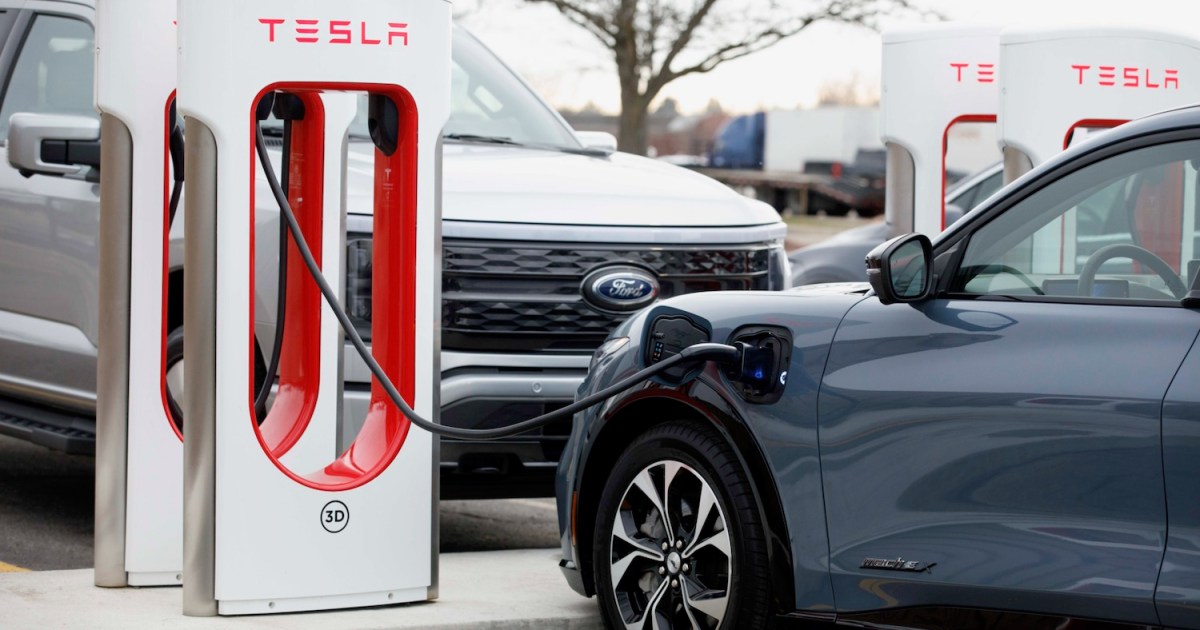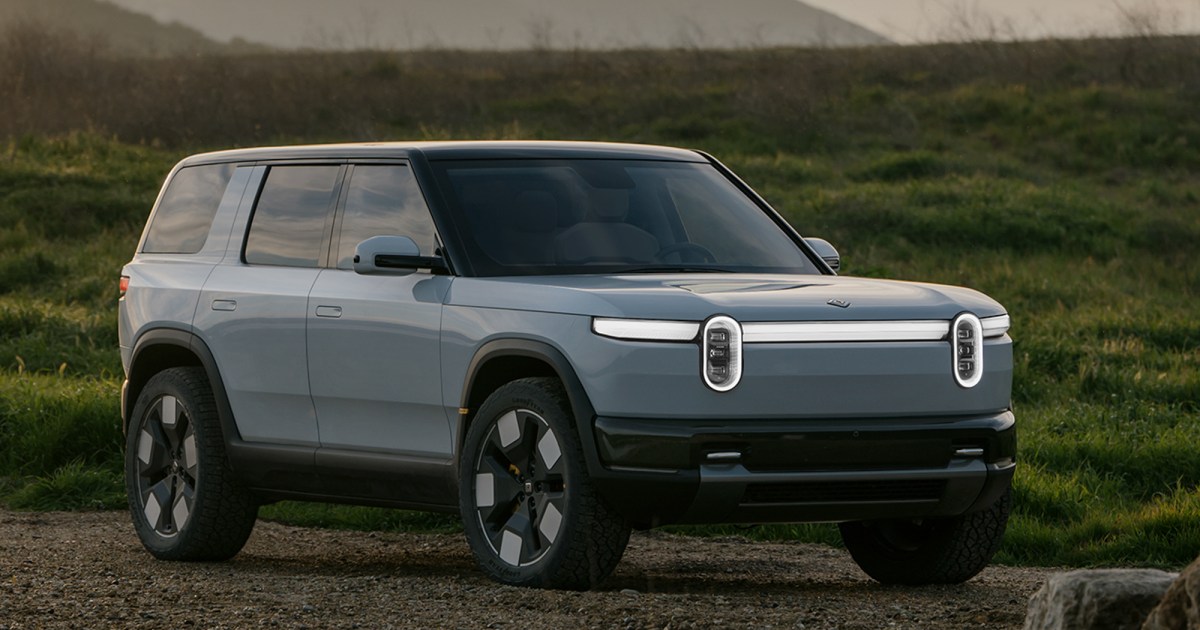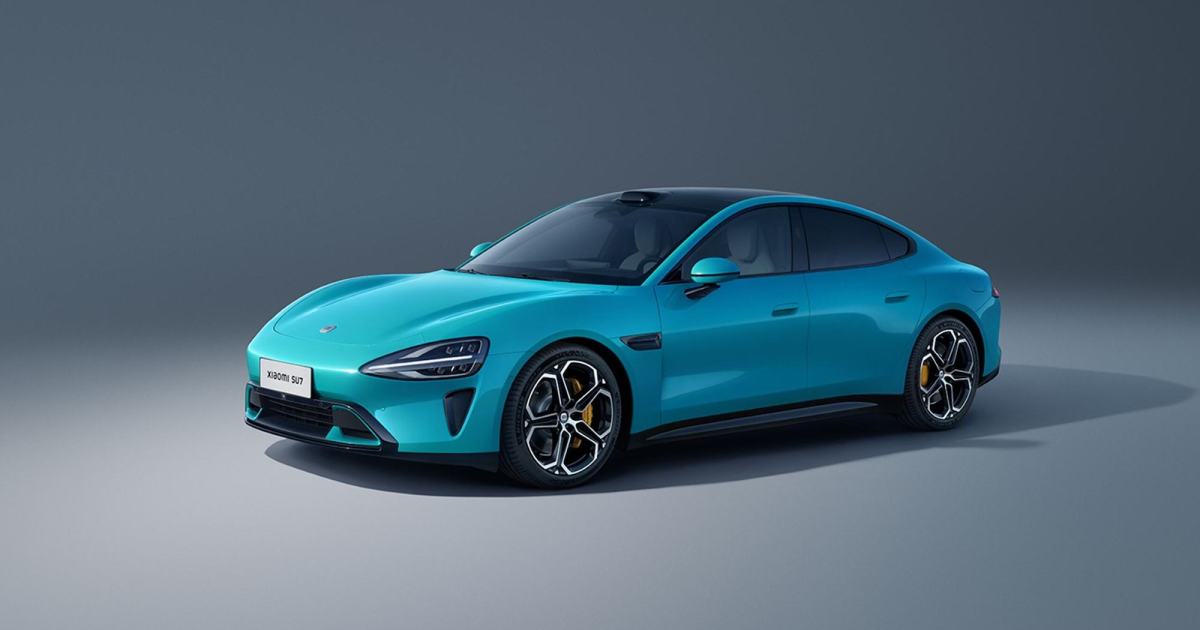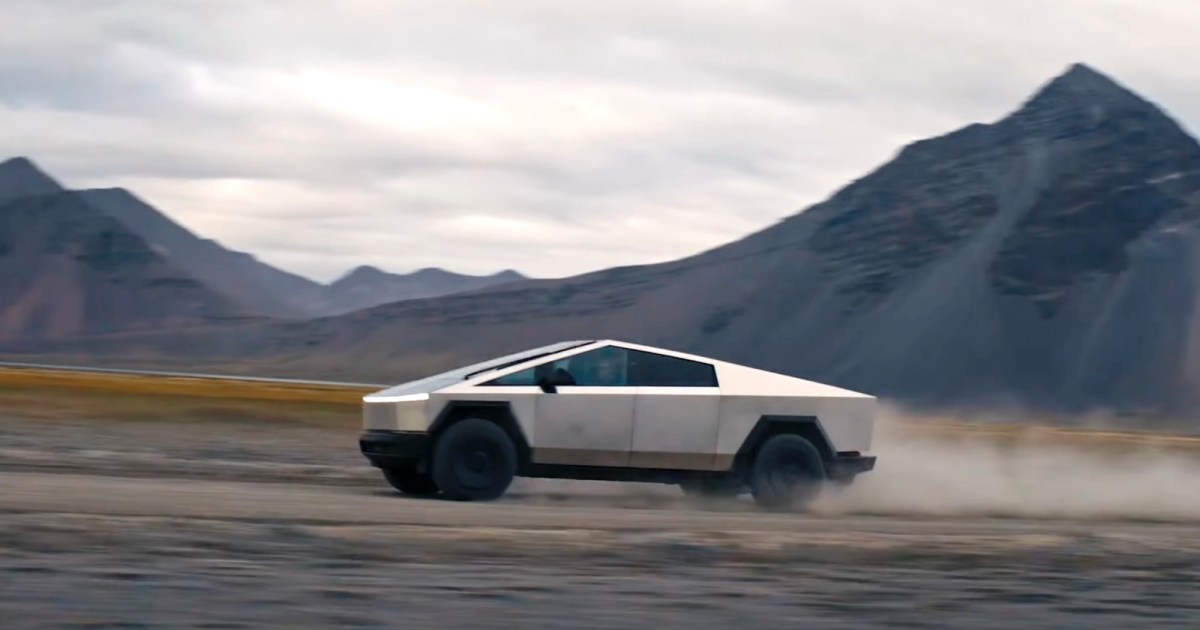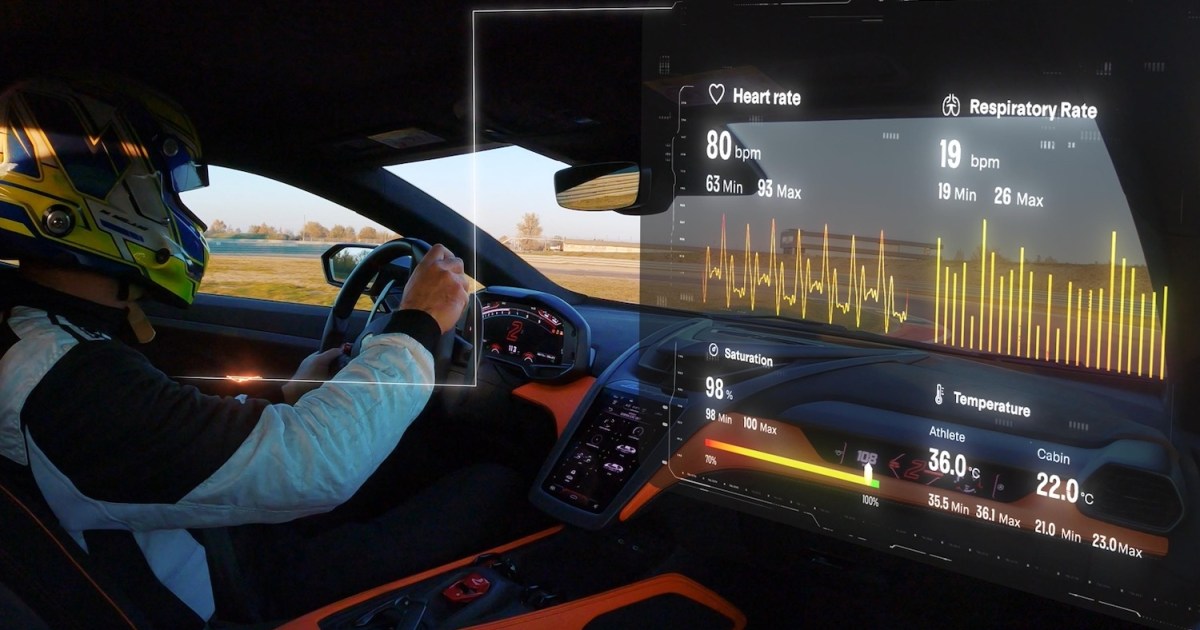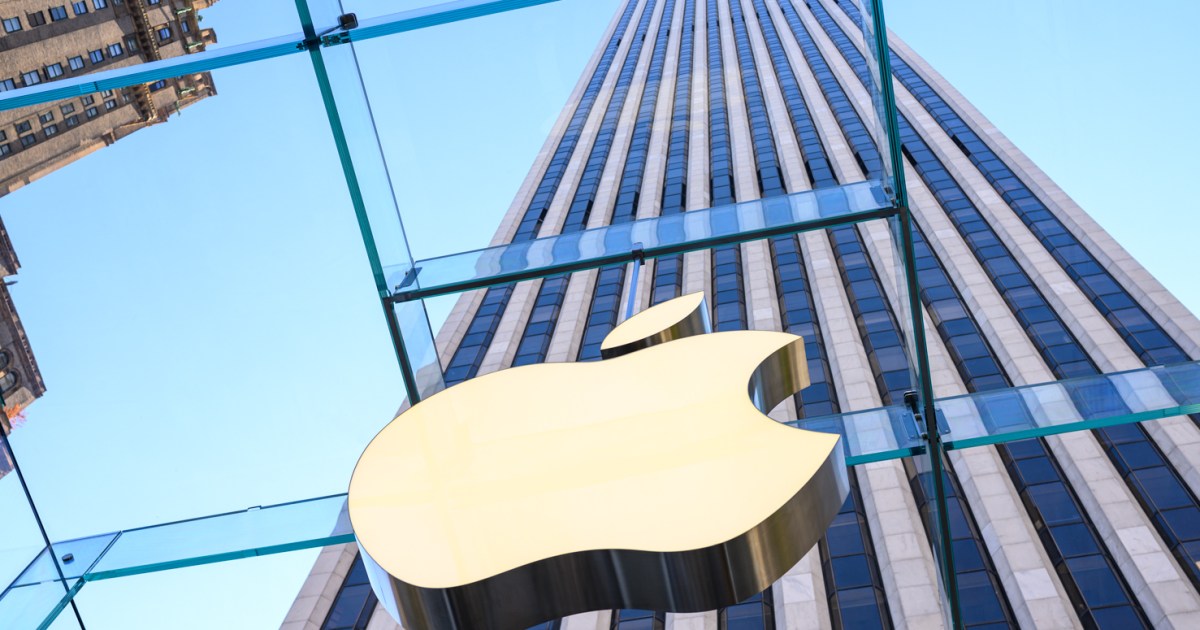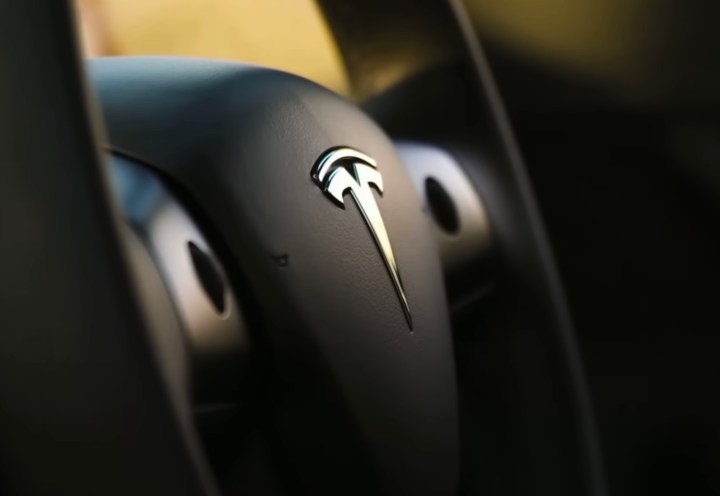 A Tesla steering wheel.Tesla has postponed the unveiling of its highly anticipated robotaxi by a few months, pushing the reveal from August to October. According to a Bloomberg report citing inside sources, the delay is intended to provide engineers with additional time to refine the prototype.
A Tesla steering wheel.Tesla has postponed the unveiling of its highly anticipated robotaxi by a few months, pushing the reveal from August to October. According to a Bloomberg report citing inside sources, the delay is intended to provide engineers with additional time to refine the prototype.
Robotaxi Technology and Futuristic Design
Tesla CEO Elon Musk initially announced an August 8th unveiling date for the robotaxi. This autonomous vehicle is expected to leverage a sophisticated system of multiple cameras, providing a 360-degree view of the surroundings. Ultrasonic sensors and front-facing radar further enhance the vehicle’s perception capabilities. Musk has previously hinted at a “futuristic” design, notably lacking a traditional steering wheel and pedals.
 Interior of a Tesla.He has also boldly claimed that the Tesla robotaxi service will offer the most affordable transportation cost per mile, potentially even undercutting the price of subsidized public transport options like buses and subways.
Interior of a Tesla.He has also boldly claimed that the Tesla robotaxi service will offer the most affordable transportation cost per mile, potentially even undercutting the price of subsidized public transport options like buses and subways.
A Long-Held Goal with Previous Delays
The development of an autonomous taxi service has been a long-standing ambition for Musk, first mentioned approximately eight years ago. He recently prioritized this ambitious project over the development of a more affordable electric car, positioned below the Model 3. However, this isn’t the first time the robotaxi project has faced delays. In 2019, Musk projected a 2020 deployment of autonomous robotaxis. Two years ago, he anticipated mass production by 2024, a target that now seems unrealistic.
Ridesharing App Preview and Regulatory Hurdles
Despite the setbacks, Tesla has offered a glimpse into the robotaxi’s ridesharing features through screenshots of the Tesla app. These previews showcase functionalities similar to existing ridesharing apps, including real-time vehicle tracking on a map and pre-arrival climate control adjustments.
 A Tesla phone app interface
A Tesla phone app interface
Ultimately, the rollout of Tesla’s robotaxi service hinges on regulatory approvals. Competitors like Waymo and Cruise have encountered significant challenges in launching their limited ridesharing services. Uber abandoned its autonomous vehicle program in 2020 following a fatal accident involving a self-driving car.
Conclusion
The delay in the robotaxi unveiling underscores the complexities of developing and deploying fully autonomous vehicles. While the October reveal remains highly anticipated, the ultimate success of Tesla’s robotaxi ambitions depends on overcoming technological hurdles and navigating regulatory landscapes.



